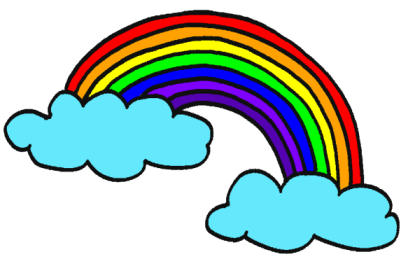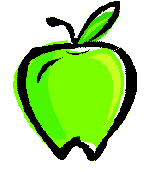http://www.usingenglish.com/quizzes/77.html
http://www.usingenglish.com/quizzes/74.html
http://www.englishexercises.org/makeagame/viewgame.asp?id=7659
http://roble.pntic.mec.es/jheb0015/Ework/There_was
http://a4esl.org/q/h/9807/km-thereisare.html
http://www.1-language.com/englishcourse/unit17_grammar_exs.htm
Was there ...? Yes, there was No, there wasn't
Había ...? Sí No
Ahora veamos la forma interrogativa en plural:
Were there ...? Yes, there were No, there weren't
Había ...? Sí No
En la siguiente conversación se utiliza ambas formas:
I lost my wallet in the street about an hour ago, officer
Perdí mi billetera en la calle hace más o menos una hora, oficial
What was there inside, sir?
¿Qué había dentro, señor?
I can't remember exactly
No puedo recordarlo exactamente
Was there any money?
¿Había dinero?
Yes, there was. There was about fifty pounds
Sí. Había unas cincuenta libras
Were there any credit cards?
¿Había tarjetas de crédito?
Yes, there were. There were three: Visa, Amex and Diners Club
Sí. Había tres: Visa, Amex y Diners Club
What else was there in your wallet? Your driving licence?
¿Qué más había en su billetera? ¿Su permiso de conducir?
Yes, there was. And there was my ID card
Sí. Y había mi DNI
Was there anything else?
¿Había alguna cosa más?
Yes, there was. There were some photographs
![[jycclothes labelled[2].jpg]](https://blogger.googleusercontent.com/img/b/R29vZ2xl/AVvXsEit6eGpjqmkvUOJeGQcYymYt3dPV4pjNh4N9_-Vd-jcso0-zdkHyiaFD3xBZINhpDF_vMmEMpHQHQkhHqKRvk5Hdp_VzqeH-dwiONVcOYMX-dUd_lTMP1TJQ-RH98zCJj7qwz9jSUvGGh7a/s640/jycclothes+labelled%5B2%5D.jpg)









